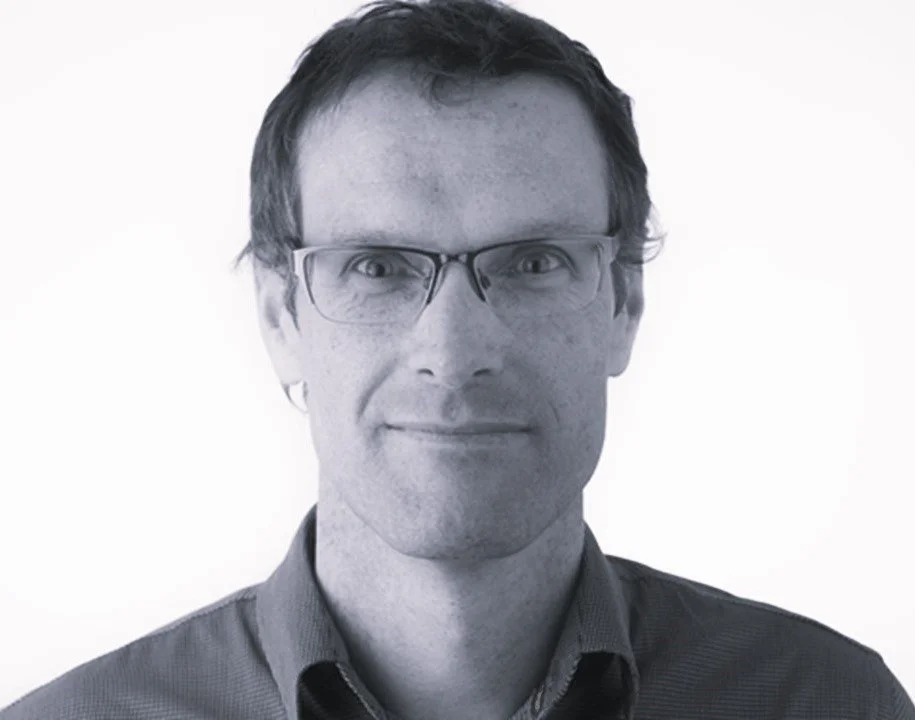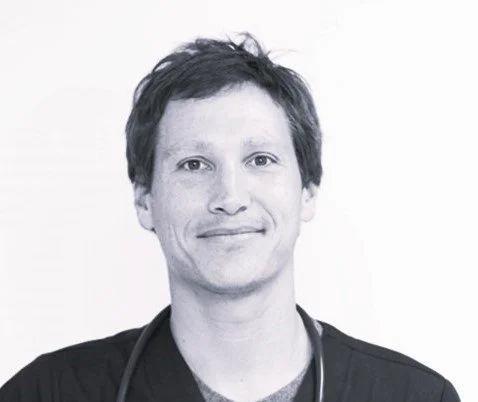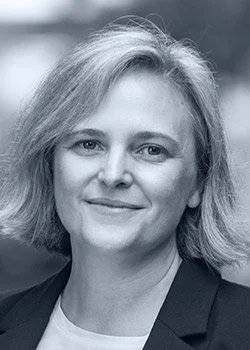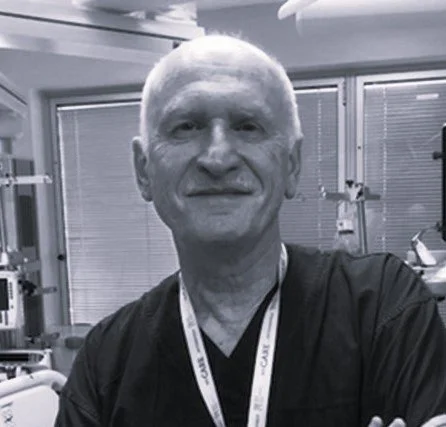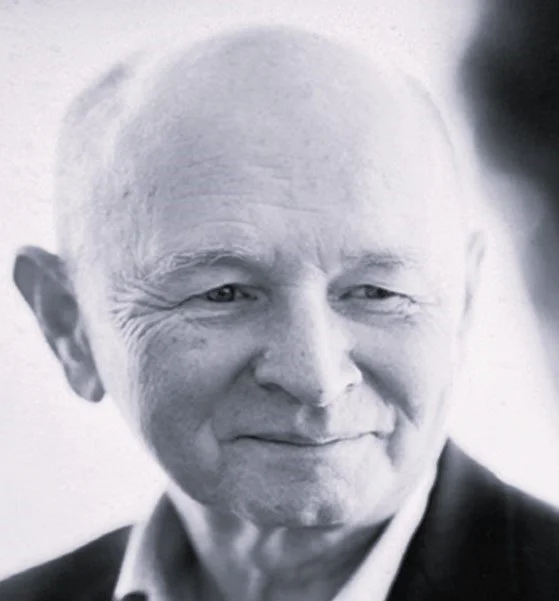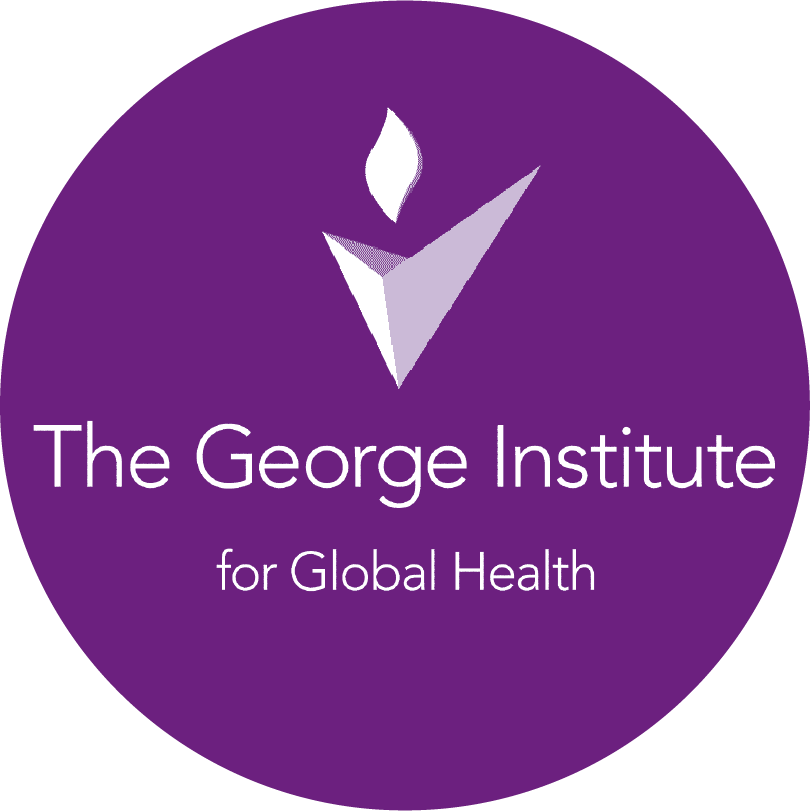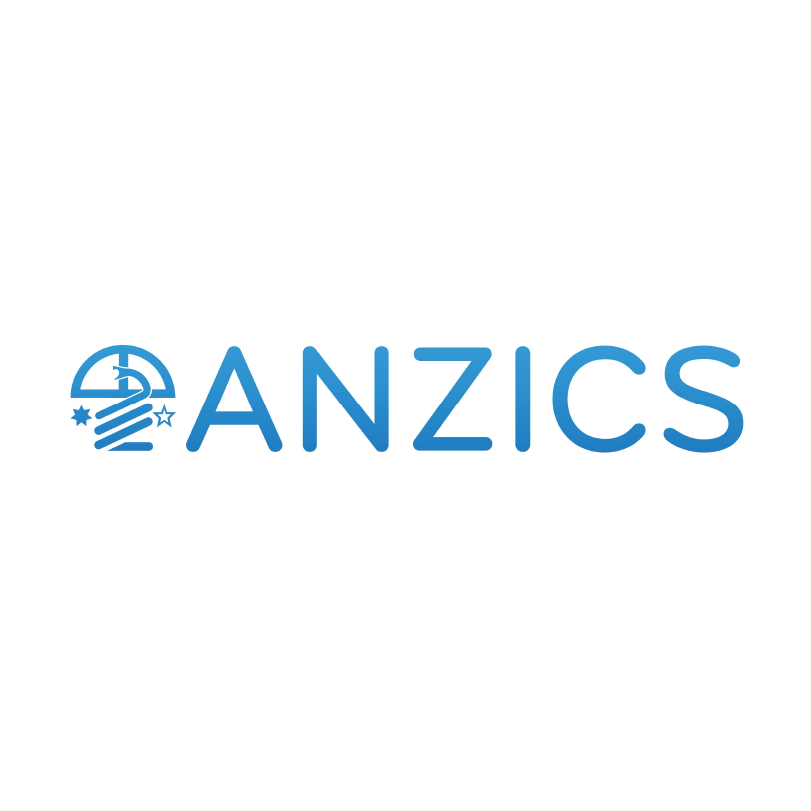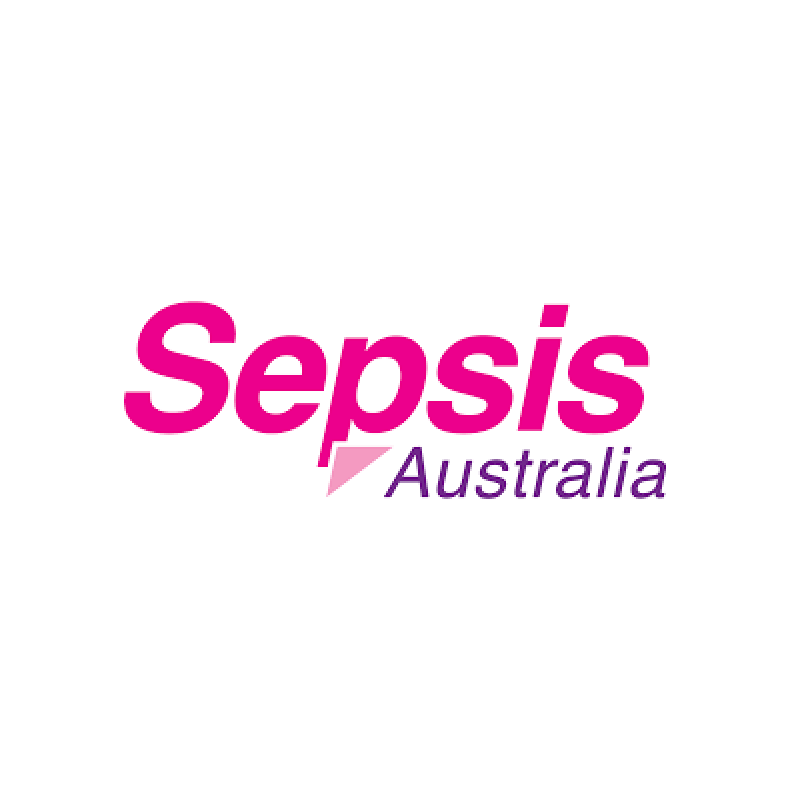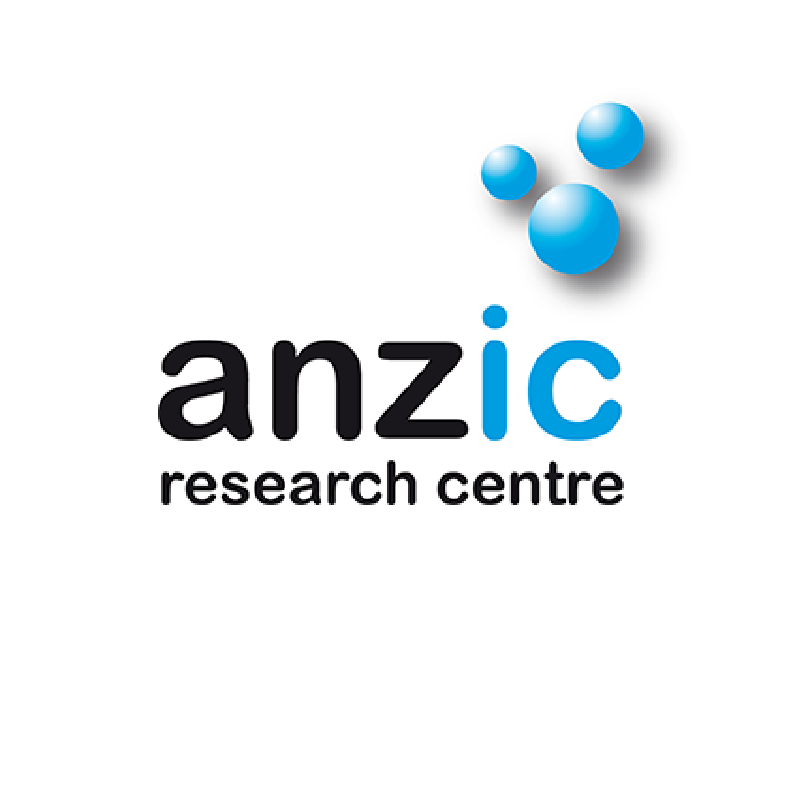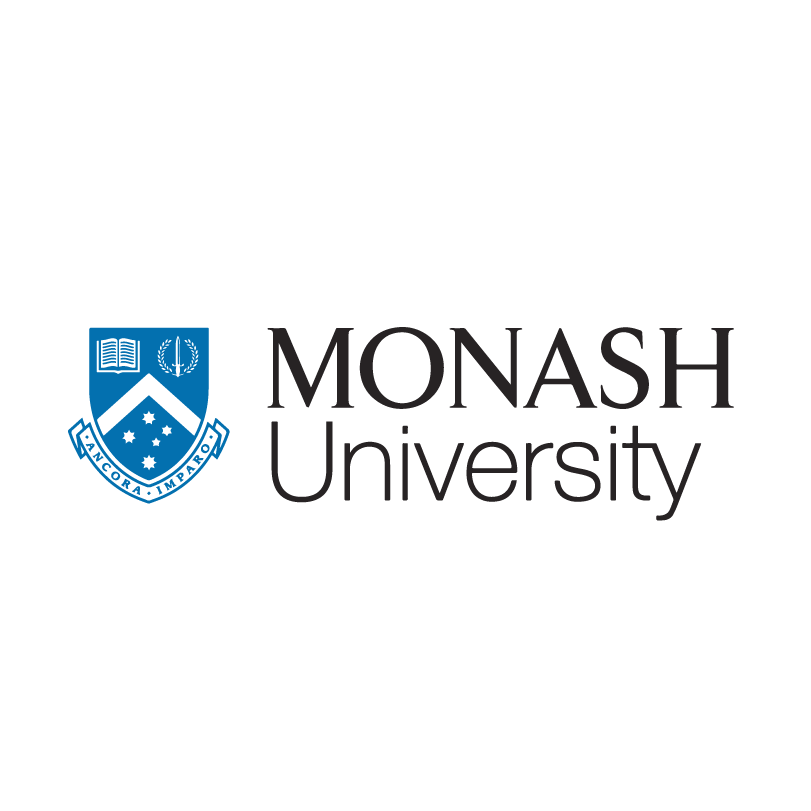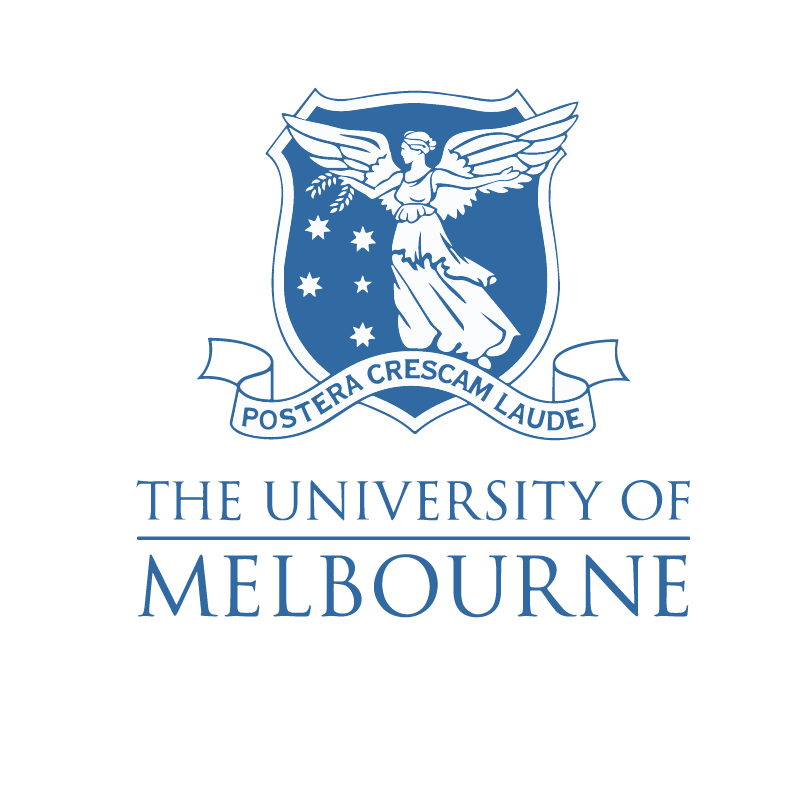What we do
We build capability and infrastructure to enable continuous improvement and innovation:
development of patient and consumer centric outcomes
undertake research of high importance to clinicians and consumers
provision of benchmarking and outcome reporting
Our objective
Construction of a National Critical Care Research Collaboration, with an initial focus on sepsis care in the ICU. The priority is to develop research infrastructure to leverage, enhance, and extend existing safety and quality initiatives. The platform will enable the conduct of prospective observational and interventional research into sepsis, with linked benchmarking and knowledge translation capabilities.
Partnering with consumers
Building consumer centric outcomes and capacity for the development and undertaking of joint research priority setting
accelerate evidence
Accelerating the development of new research though the development of sustainable data integration to drive better health outcomes and better value healthcare in Australia.
setting the standard
Providing clinicians with up to date information with benchmarking reporting, and Australian critical care centric clinical practice guidelines.





